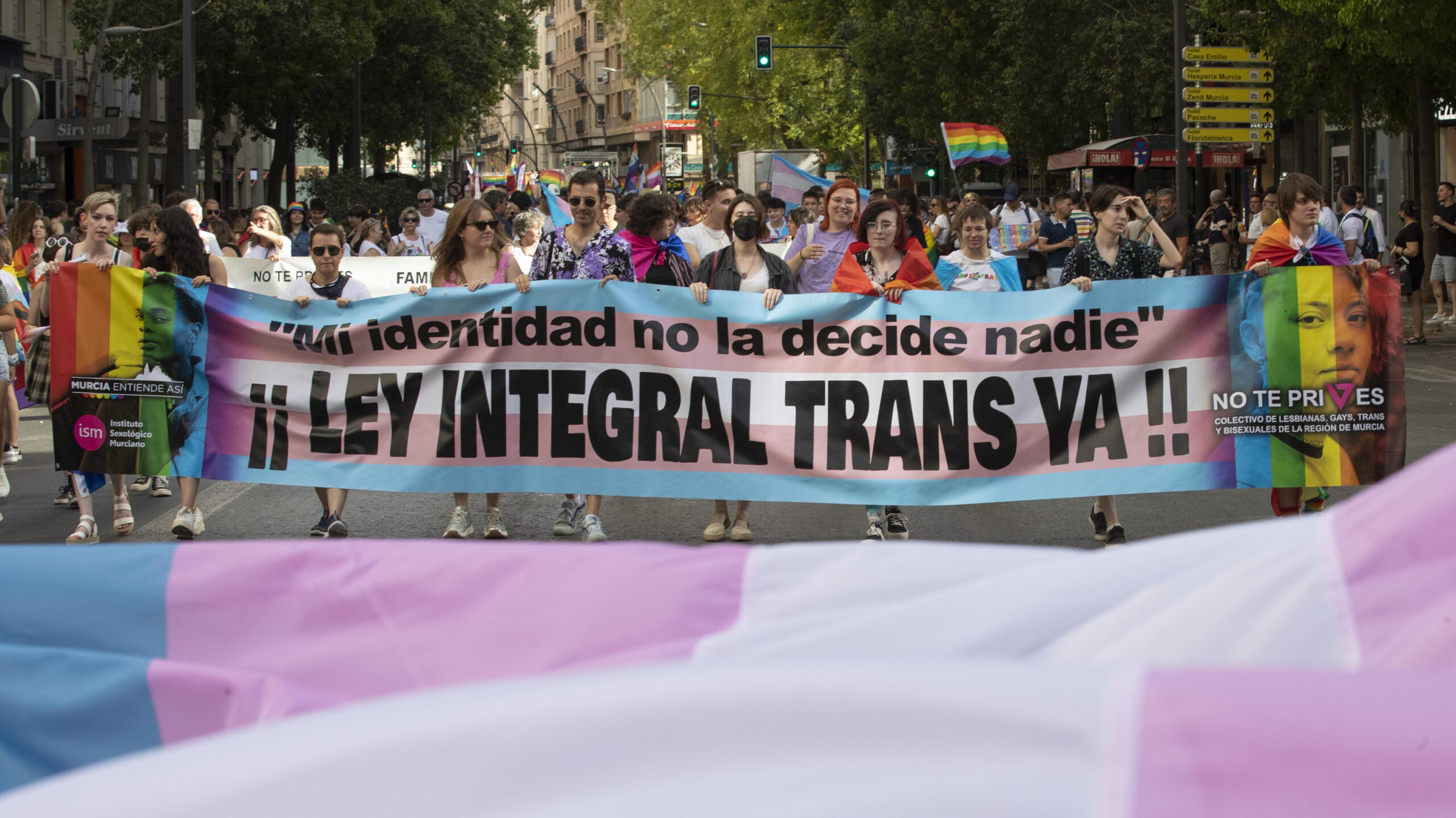The Government has sent a draft Trans Law to the Courts that ignores the recommendations of several reports, that does not have the “final agreement” of the Ministry of Justice and that has not yet been contrasted with the mandatory report of the Prosecutor’s Office.
The opinion of the Council of State, the last of those that the Executive has to obtain, includes all these deficiencies in the text promoted by the Ministry of Equality.
Formally, the reform is proposed by both the department of Irene Montero and the Department of Justice, which Pilar Llop now directs. Equality approved the text, but not Justice. “The report of the General Technical Secretariat of the Ministry of Justice, which, as has been said, is a co-proponent, and in which observations are made [that is, proposals for modification] to the text, is striking. The correct thing would have been that, before sending the query to the Council of State, the text had been closed, which required a pronouncement of Equality on such observations and a final agreement on the text that the file does not reflect.
Some of the objections of Justice are “of great relevance”, such as the one related to the absolute prohibition of conversion therapies even for adults. This is one of the points that have criticized, in addition to Justice, several reports, such as those of the Council of State, the General Council of the Judiciary, the two most relevant.
The opinion of the Prosecutor’s Office on this point is not known. Nor about any of them, because the legal text has continued its course without yet another of the reports, that of the Fiscal Council, has been incorporated. “It is regrettable the absence of this report, given the importance that issues that affect, among others, the best interests of the minor have in the draft,” says the Council of State.
Sources from the Attorney General’s Office allege that there has not been time to prepare it and that the new Fiscal Council will address it in September. Other sources emphasize that their study was addressed months ago and that the report could have been approved on time.
From these general complaints, the Council of State descends to the particular ones, which often coincide with those of, for example, the CGPJ. Or those of the Spanish Association of Socialist Feminists (Femes) which says that the law “undermines the rights of women, makes sexist violence invisible, is discriminatory against women (especially in areas such as sports) and makes it difficult to fight against gender gap.
The two councils have criticized the facility for changing the sex in the registry that is granted to minors. The CGPJ proposed to limit it to older people and the Council of State, that a judge always participate. Equality has ignored the proposals, such as withdrawing the absolute ban on the use of medical reports.
Complaints are also widespread about the absolute ban on therapies linked to gender change, even for adults. “It is highly questionable because it constitutes an unjustified restriction of people’s ability to act,” the Ministry of Justice has argued with the same success as the CGPJ and the Council of State. The ban remains.
In another aspect, the reports warn of the risk that for “legal certainty” supposes a too “imprecise” wording of the behaviors that may deserve sanctions for being considered discriminatory. “In the terms in which it is drafted, Title IV of the preliminary draft [Infringements and sanctions] could not be approved.”
The Council gives the category of “essential” to this point, something that is not trivial. If the change is not made in the terms of the opinion, the law may not include the formula “in accordance with the Council of State.”
There is another correction that reaches that category of “essential”, again in the area of the sanction. The Council of State does not consider it acceptable that the administration be granted the ability to withdraw messages from the media that they consider discriminatory. “Public Administrations do not have, nor can they have, such power in relation to social media, since it would mean granting them decision-making power over the content they can broadcast.”
The reproaches are numerous and even affect the terminology. For example, the Council of State and several associations consider that the use of the term “pregnant parent” should be avoided and the classic reference to “the mother” should be maintained in the Civil Code.
Conforms to The Trust Project criteria
















